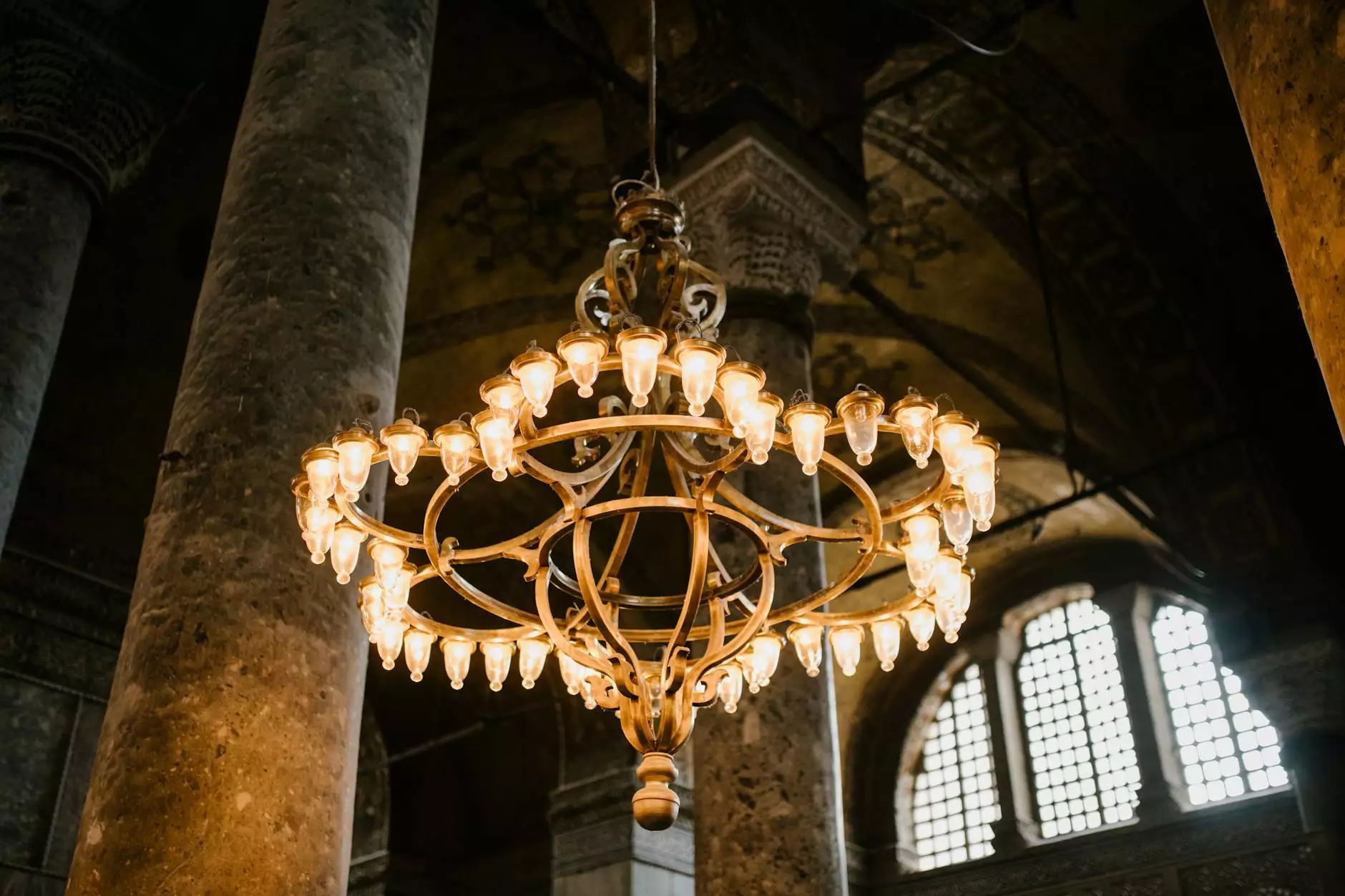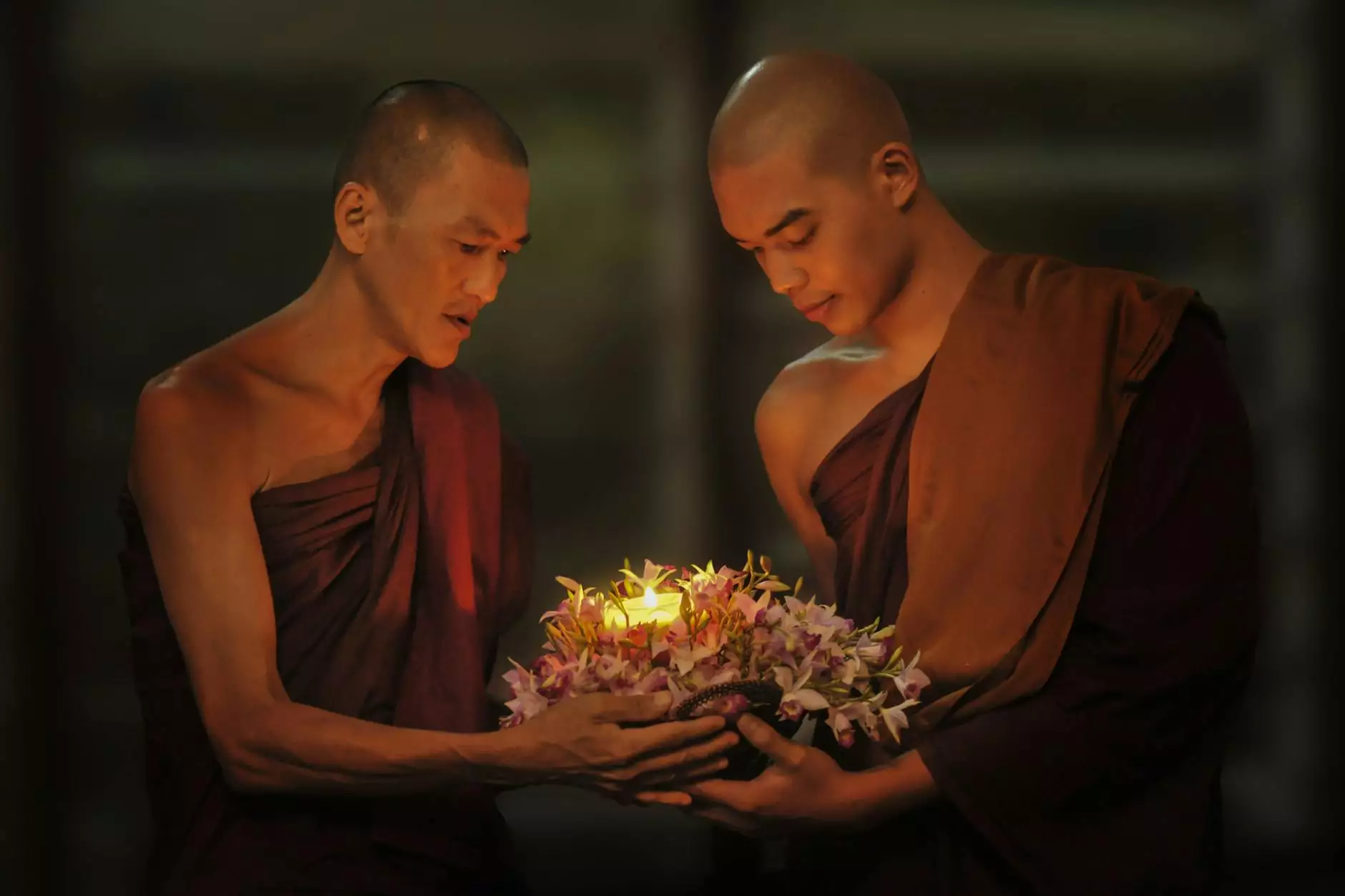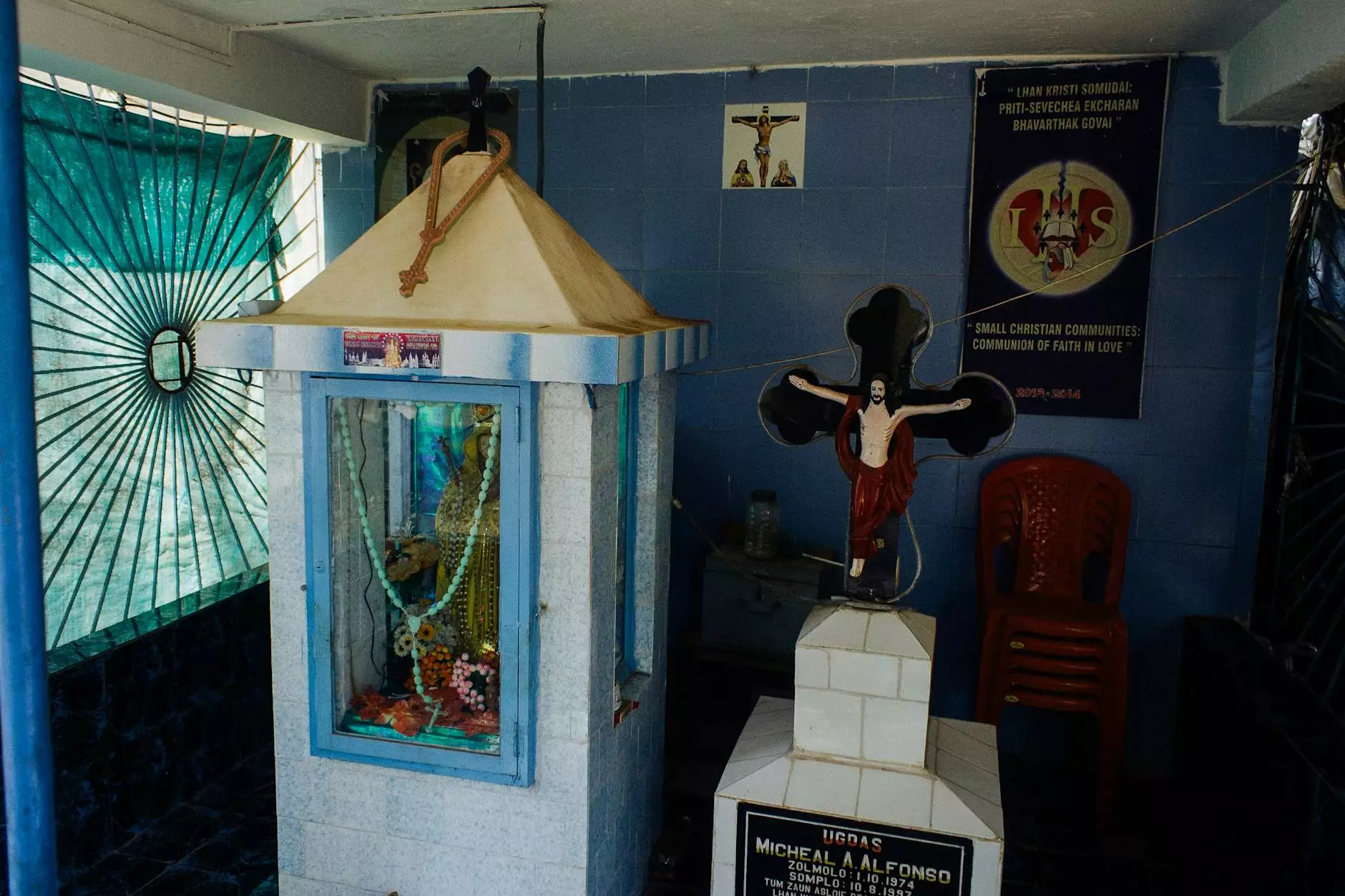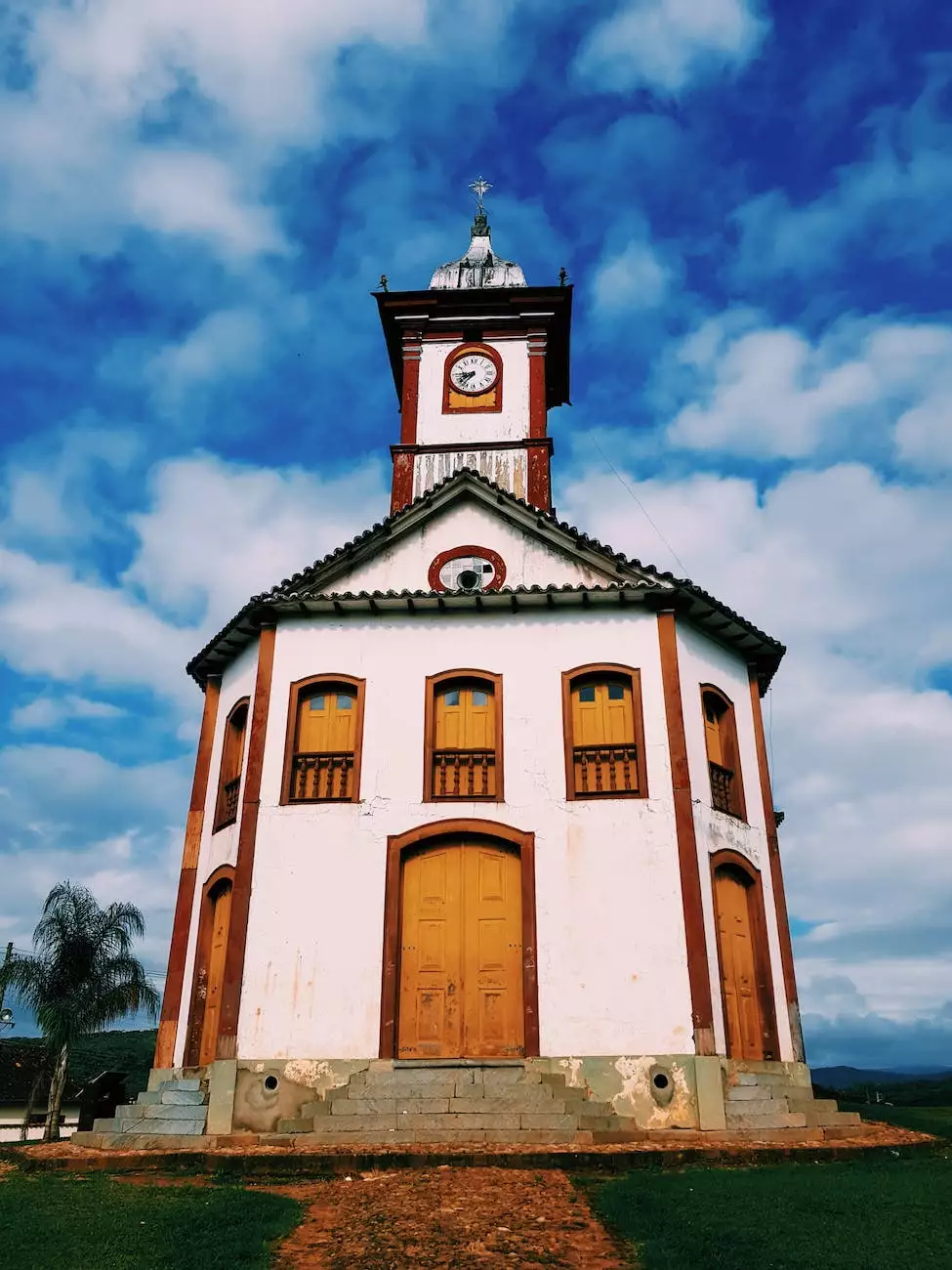History of the Bulgarian Orthodox Church
Church Governance
Welcome to It Is Well Living Church, where our mission is to foster a deep spiritual connection and provide a nurturing environment for our community. In this article, we delve into the fascinating history of the Bulgarian Orthodox Church, an integral part of the Bulgarian cultural landscape. Join us on a journey through time as we explore the origins, development, and significance of this venerable institution.
The Origins
The roots of the Bulgarian Orthodox Church can be traced back to the 9th century when the Bulgarian state embraced Christianity. As the first autocephalous Slavic Orthodox Church, it played a crucial role in the spiritual, cultural, and political identity of the Bulgarian people. The conversion to Christianity was a watershed moment, marking the beginning of a distinctive spiritual tradition deeply intertwined with Bulgaria's history.
Key Figures
Throughout its history, the Bulgarian Orthodox Church has been guided by numerous prominent figures who have shaped its development and teachings. One such figure is St. Cyril, a revered scholar who, along with his brother St. Methodius, created the Cyrillic script, which became the basis for the written Slavic language. Their missionary work laid the foundation for the spread of Orthodox Christianity in the region.
Another significant figure is St. Ivan Rilski, also known as St. John of Rila, who lived during the 10th century. He is considered the patron saint of Bulgaria and known for his ascetic lifestyle. The Rila Monastery, founded by his disciples, stands as a testament to his enduring influence and spiritual legacy.
Religious Practices
The Bulgarian Orthodox Church embraces a rich tapestry of religious practices that have evolved over the centuries. The Divine Liturgy, an essential part of the church's worship, is celebrated with great reverence and solemnity. The church's iconography is renowned for its exquisite beauty and deep symbolism, capturing the essence of Orthodox spirituality.
Pilgrimages hold a special place in the hearts of believers, with several sacred sites scattered across Bulgaria. The Rila Monastery, nestled amidst awe-inspiring nature, is a cherished destination for spiritual seekers, while the Alexander Nevsky Cathedral in Sofia stands as a magnificent testament to Byzantine architecture.
Significance in Community and Society
The Bulgarian Orthodox Church has played a pivotal role in shaping the cultural and social fabric of the Bulgarian people. As a cornerstone of community and society, it has fostered a sense of unity and provided solace during times of hardship and triumph. The church's influence extends beyond the realms of faith, influencing art, literature, and music, and contributing to the preservation of Bulgarian heritage.
With a strong dedication to social outreach, the Bulgarian Orthodox Church actively engages in charitable endeavors, supporting the less fortunate and nurturing a spirit of compassion and inclusivity. Its involvement in educational initiatives and fostering cultural exchange highlights its commitment to the advancement of society.
In Conclusion
The history of the Bulgarian Orthodox Church is a testament to the enduring power of faith, culture, and tradition. From its humble origins to its rise as a prominent Orthodox institution, the church has remained an integral part of the Bulgarian identity. The devotion, teachings, and resilience of its followers have shaped not only the spiritual landscape but also the wider community and society, making It Is Well Living Church proud to be a part of this grand tradition.
Join us at It Is Well Living Church as we continue to celebrate the rich legacy of the Bulgarian Orthodox Church and create a space for spiritual growth, community engagement, and unity.










